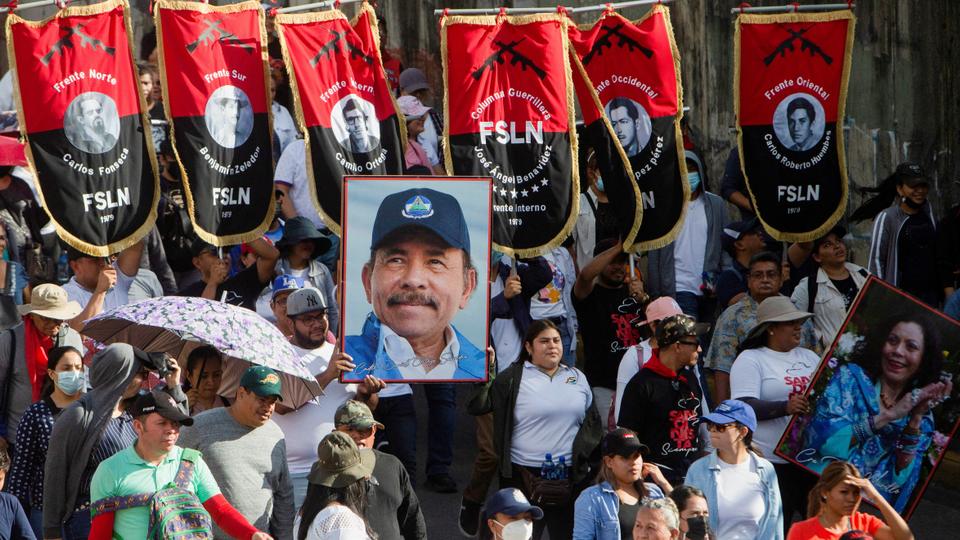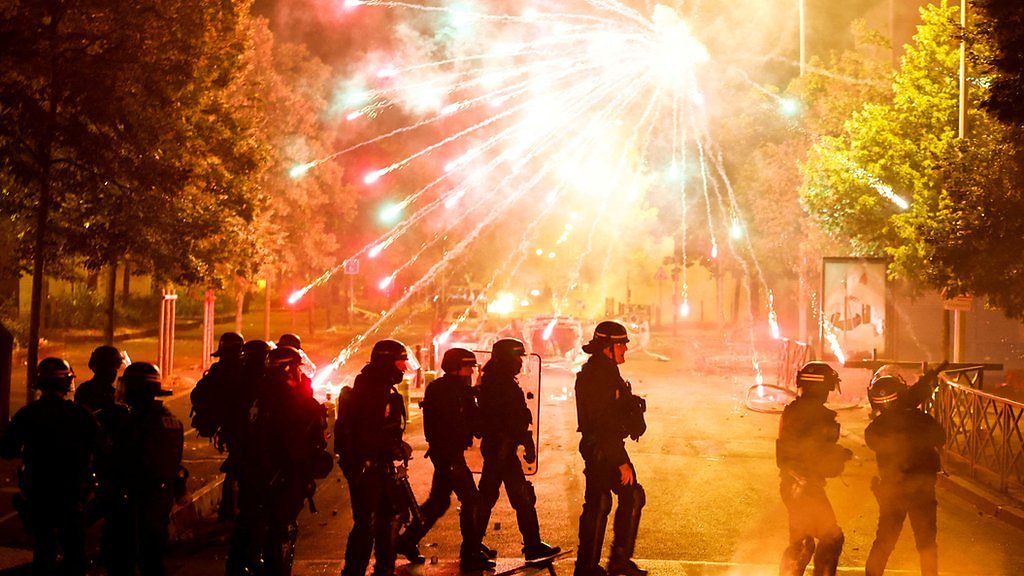The UN Human Rights Group has declared that Nicaraguan President Daniel Ortega has committed crimes against humanity, in the context of the ongoing political and social crisis that has engulfed the country since 2018. In this article, we will analyze the events that led to this declaration, the human rights violations perpetrated by the Ortega regime, and the international response to this crisis.
Background
Nicaragua has been in turmoil since April 2018, when mass protests erupted against the government of President Ortega. The protests were initially sparked by proposed social security reforms but quickly escalated into a broader demand for political change and democracy. The government responded with a violent crackdown on protesters, leading to hundreds of deaths, disappearances, and arrests.
Since then, the situation in Nicaragua has deteriorated further, with reports of extrajudicial killings, torture, and censorship. Independent media outlets have been shut down, and opposition leaders and activists have been harassed and persecuted. The UN Office of the High Commissioner for Human Rights (OHCHR) has documented numerous human rights violations and called for accountability for those responsible.
Crimes Against Humanity
In a recent report, the UN Human Rights Group accused the Ortega regime of committing crimes against humanity, including murder, torture, rape, and persecution. The report states that these violations were committed as part of a systematic attack on the civilian population, with the aim of maintaining the regime's grip on power.
The report also notes that the Nicaraguan judiciary has been co-opted by the government and that there is no prospect of justice for the victims of these crimes within the country. The report calls for an international investigation into the situation in Nicaragua and for those responsible for these violations to be held accountable.
International Response
The international community has been vocal in its condemnation of the Ortega regime and its human rights violations. The United States and other Western countries have imposed sanctions on Nicaraguan officials and entities implicated in the repression, while the European Union has suspended aid to the country.
The Organization of American States (OAS) has also been active in this crisis, with its Secretary General, Luis Almagro, calling for Ortega's resignation and for free and fair elections to be held in the country. The OAS has also established a special commission to investigate the human rights situation in Nicaragua.
Conclusion
The situation in Nicaragua remains volatile, with the Ortega regime showing no signs of backing down from its repression of the opposition. The UN Human Rights Group's declaration of crimes against humanity represents a significant step in the international community's response to this crisis, but much more needs to be done to hold those responsible accountable and to restore democracy and human rights in the country.
Is this content hitting the mark for you? If so, consider supporting my work—buy me a virtual coffee! ☕ Your support keeps the ideas flowing. Thanks so much! 🙏 Please Contribute via GoGetFunding

